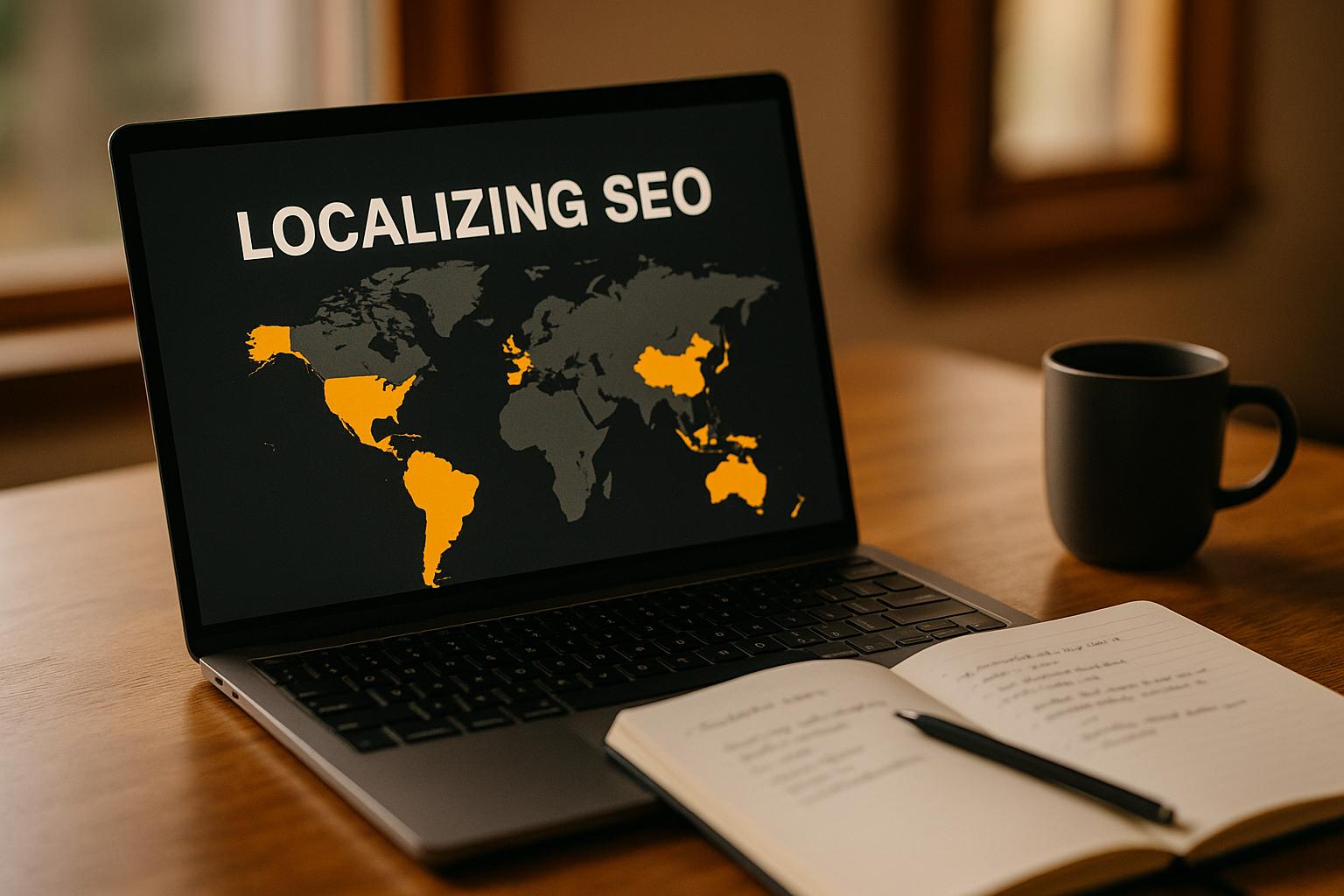The use of Artificial Intelligence (AI) in creating content for SEO purposes and improving Google rankings has become increasingly popular in recent years. With the constant evolution of technology, businesses are realizing the potential of AI in helping them create high-quality, relevant and unique content that not only appeals to their target audience but also helps them rank higher in search engine results pages (SERPs).
The Benefits of using AI for SEO
One of the main benefits of using AI for creating content for SEO is the ability to generate large amounts of content quickly and efficiently. This is particularly useful for businesses with a large number of products or services, as it allows them to create multiple pieces of content for each one without spending a lot of time and resources. Additionally, AI can also analyze data and conduct research to identify the most effective keywords and phrases to include in the content, which helps to improve the chances of it ranking well in SERPs.
Another benefit of using AI for creating content for SEO is the ability to personalize the content to the target audience. By analyzing data and conducting research on the target audience, AI can create content that is specifically tailored to their interests and needs, which can help to improve engagement and conversion rates. Additionally, AI can also optimize the content for different devices and platforms, ensuring that it is easily accessible and readable on all devices, which can help to improve the user experience and increase the chances of the content being shared.
One of the most important aspects of using AI for creating content for SEO is the ability to ensure that the content is unique and relevant. AI can analyze existing content and identify patterns and trends, which can be used to generate unique and relevant content that stands out from the competition. Additionally, AI can also analyze data on the target audience to identify the topics and issues that are most important to them, which can be used to create content that addresses those issues in a compelling and engaging way.
Will AI replace Human Content Writers?
The rise of Artificial Intelligence (AI) has led to many debates about its potential to replace human workers in various industries. One of the areas where AI is increasingly being used is in content writing. With the ability to generate large amounts of content quickly and efficiently, many are questioning whether AI will eventually replace human content writers.

On one hand, AI has the potential to revolutionize the content writing industry. With the ability to analyze data and conduct research, AI can create high-quality and relevant content that appeals to the target audience. Additionally, AI can also optimize the content for different devices and platforms, ensuring that it is easily accessible and readable on all devices, which can help to improve the user experience and increase the chances of the content being shared.
However, on the other hand, there are also some limitations to AI-generated content. One of the main limitations is that it may not always be of the same quality as that created by human writers. Additionally, there is the risk of the content being flagged as duplicate or plagiarized, which can have a negative impact on the search engine rankings. Another limitation is that AI-generated content may lack the human touch, emotions, and creativity that make the content relatable and engaging to the audience.
Furthermore, AI-generated content also lacks the cultural and contextual understanding that human writers possess. Human writers have the ability to understand the nuances of language and culture that are essential for creating content that appeals to a specific target audience. This is particularly important for businesses that operate in multiple countries or regions, as it allows them to create content that is tailored to the cultural and linguistic differences of each market.
Another important point to consider is that AI-generated content is not always suitable for certain types of content. For instance, some forms of content such as poetry, fiction, and other creative pieces are best written by human writers who have a deeper understanding of human emotions and can use their creativity to evoke those emotions in their readers.
While there are many benefits to using AI for creating content for SEO, it is important to note that there are also some potential challenges and limitations. One of the main challenges is that AI-generated content may not always be of the same quality as that created by human writers. Additionally, there is the risk of the content being flagged as duplicate or plagiarized, which can have a negative impact on the search engine rankings. It is important to ensure that the AI system is properly configured and that the content is proofread and edited by human writers before it is published.

In conclusion, AI has the potential to revolutionize the content writing industry by generating high-quality and relevant content quickly and efficiently. However, it is important to note that there are also some limitations to AI-generated content, such as lack of quality, cultural and contextual understanding, and creativity. It is important to ensure that the AI system is properly configured and that the content is proofread and edited by human writers before it is published. While AI can assist human writers in their work, by utilizing the benefits of AI in creating SEO content, in my opinion as an SEO consultant it is unlikely to fully replace them as it lacks some of the important human touch and understanding that is necessary for creating engaging and relatable content.




